Intro
Track your babys growth with our pregnancy week by week guide, covering fetal development, symptoms, and pregnancy stages, including trimesters, prenatal care, and birth preparation.
Pregnancy is a remarkable and life-changing experience for expectant mothers. As the body undergoes numerous physical and emotional transformations, it's essential to stay informed about the various stages of pregnancy. A week-by-week guide can provide valuable insights into the development of the fetus, the mother's body, and the preparations needed for the arrival of the baby. This comprehensive guide will walk you through the 40 weeks of pregnancy, highlighting the key milestones, symptoms, and tips for a healthy and happy pregnancy.
As the pregnancy journey begins, many women are filled with excitement, curiosity, and a hint of apprehension. The early weeks of pregnancy are crucial, as the fertilized egg implants in the uterus, and the fetus starts to develop. Understanding the physical and emotional changes that occur during this period can help expectant mothers navigate the challenges and joys of pregnancy. Whether you're a first-time mom or having another baby, a week-by-week guide can provide reassurance, guidance, and support throughout the pregnancy journey.
The importance of prenatal care, nutrition, and lifestyle habits cannot be overstated during pregnancy. Regular check-ups with healthcare providers, a balanced diet, and a healthy lifestyle can significantly impact the well-being of both the mother and the baby. Moreover, being aware of the potential complications and risks associated with pregnancy can help expectant mothers take proactive steps to minimize them. By staying informed and engaged, women can take control of their pregnancy, make informed decisions, and prepare for the arrival of their baby.
Pregnancy Week 1-4: The Early Stages

Key Milestones:
* Implantation of the fertilized egg in the uterus * Embryo development and cell division * Hormonal changes and increased progesterone levels * Mild symptoms such as fatigue, mood swings, and breast tendernessPregnancy Week 5-8: Embryonic Development
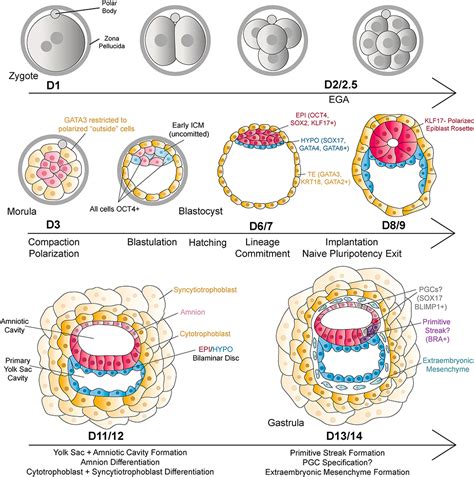
Key Milestones:
* Formation of major organs and body systems * Heartbeat and neural tube development * Increased symptoms such as morning sickness and food cravings * First prenatal check-up and confirmation of pregnancyPregnancy Week 9-12: Fetal Development
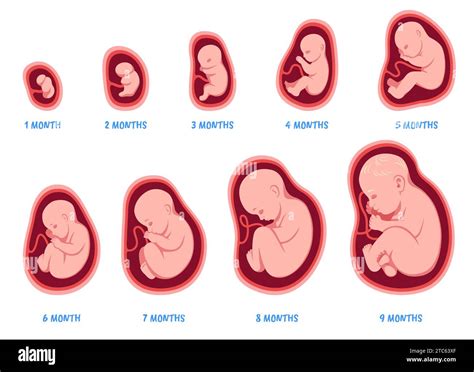
Key Milestones:
* Fetal growth and development * Formation of fingers, toes, and major organs * Skin thickening and fat layer formation * Emotional preparation for motherhoodPregnancy Week 13-16: Second Trimester
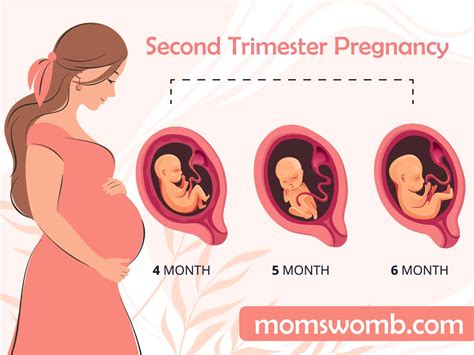
Key Milestones:
* Fetal growth and development * First kicks and movements * Skin thickening and pancreas development * Preparation for parenthood and baby carePregnancy Week 17-20: Fetal Movement
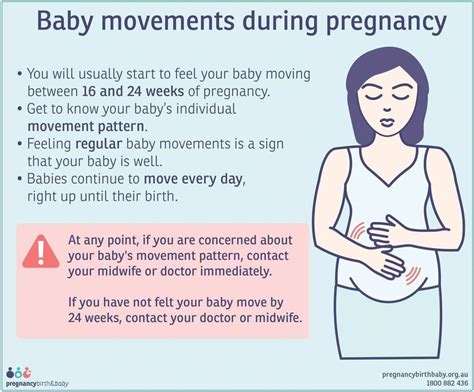
Key Milestones:
* Increased fetal movement and activity * Swallowing and kicking * Skin thickening and fat layer formation * Preparation for breastfeeding and newborn carePregnancy Week 21-24: Third Trimester
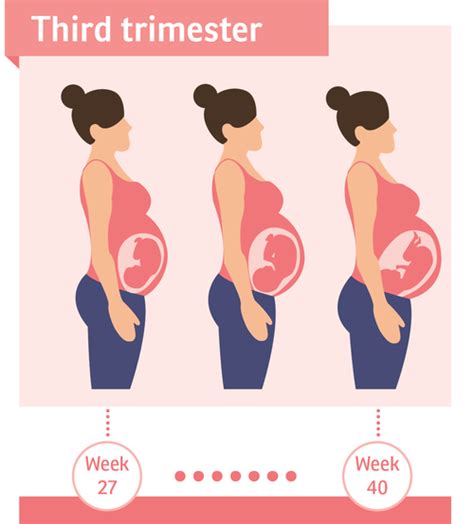
Key Milestones:
* Fetal growth and development * Increased discomfort and back pain * Preparation for labor and delivery * Final preparations for parenthood and baby carePregnancy Week 25-28: Fetal Lung Development
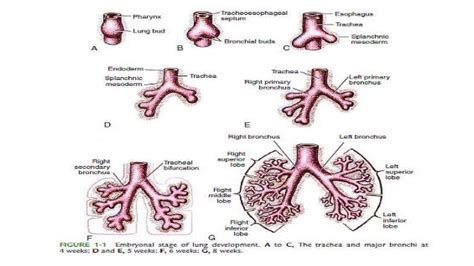
Key Milestones:
* Fetal lung development and maturation * Skin thickening and fat layer formation * Increased discomfort and back pain * Preparation for labor and deliveryPregnancy Week 29-32: Final Preparations

Key Milestones:
* Final preparations for parenthood and baby care * Prenatal classes and education * Nursery preparation and planning * Breastfeeding and newborn care preparationPregnancy Week 33-36: Labor Preparation
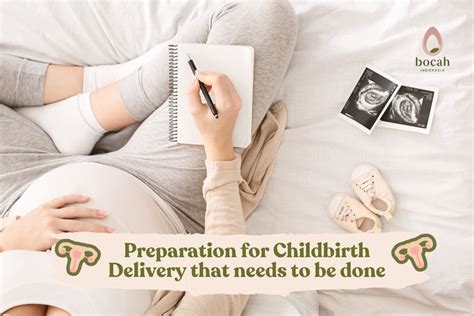
Key Milestones:
* Labor preparation and education * Birth plan creation and hospital bag preparation * Increased discomfort and back pain * Final preparations for parenthood and baby carePregnancy Week 37-40: The Final Countdown

Key Milestones:
* Final preparations for parenthood and baby care * Increased discomfort and back pain * Anticipation and excitement for meeting the baby * Final preparations for labor and deliveryWhat are the most common symptoms of pregnancy?
+The most common symptoms of pregnancy include morning sickness, fatigue, mood swings, and breast tenderness. However, each woman's experience is unique, and symptoms can vary from one pregnancy to another.
How often should I attend prenatal check-ups?
+Expectant mothers should attend regular prenatal check-ups, typically every 4-6 weeks, to monitor the fetus's growth and development, and to address any concerns or questions.
What are the key milestones of fetal development?
+The key milestones of fetal development include the formation of major organs and body systems, heartbeat, and neural tube development. The fetus also undergoes significant growth and development, including the formation of fingers, toes, and skin thickening.
As you near the end of your pregnancy journey, it's essential to stay informed, attend regular prenatal check-ups, and prepare for the arrival of your baby. Remember to take care of yourself, both physically and emotionally, and don't hesitate to reach out to your healthcare provider with any questions or concerns. By staying engaged and informed, you can ensure a healthy and happy pregnancy, and a smooth transition into parenthood. We invite you to share your pregnancy experiences, ask questions, and connect with other expectant mothers in the comments below.
